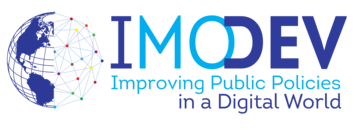Freedom of speech
Salle / Hall : FIE - Salle du Théâtre
Horaire / Schedule : 16h40 - 18h00
Président de séance : Russell L. Weaver (Louis D. Brandeis School of Law, University of Louisville)
Langue / Language : English
Speech 1. Free Speech and Transparency in the Digital Era
Russell Weaver – Professor of Law & Distinguished University Scholar, University of Louisville Louis D. Brandeis School of Law (Etats-Unis)
Speech 2. The Problem of Compelled Speech, Speech Bans, and Mis-Attributed Government Speech
Ronald J. Jr. Krotoszynski - John S. Stone Chair, Professor of Law, and Director of Faculty Research, University of Alabama School of Law, Tuscaloosa, Alabama (États-Unis)
In the United States, the state and federal government have regulated the speech of medical professionals – particularly in the context of abortion procedures. The federal courts have not reliably moved to invalidate coerced speech by medical providers – some of it demonstrably false. Such speak constitutes an effort to propagandize women seeking lawful medical services and inserts the state into the treatment room. Government speaking for itself is one thing; government using private physicians as sock puppets is quite another and plainly implicates core First Amendment concerns.
So too, some state governments, such as the Scott Administration in Florida, have forbidden state government employees from using the words “global warming” or confirming the existence of this meteorological phenomenon. Efforts to control professional speech by government employees constitute a form of censorship that implicates both transparency and free
speech values. Should government be permitted to prohibit a scientist working for a state environmental agency from using phrases such as “global warming”? Like compelled, and potentially mis-attributed, professional speech by medical professionals treating patients, government censorship rules that limit the scope of government employees’ professional speech raise serious First Amendment problems.
Finally, government at all levels – federal, state, and local – increasingly attempts to hide its identity as a speaker – and does so successfully on various social media platforms. These efforts to propagandize the citizenry present another serious risk to core First Amendment values. In a variety of contexts, the government seeks to enter the marketplace of ideas, but also to hide or disguise its identity as a speaker.3
The Johanns case, involving the Cattleman’s Beef Promotion and Research Board, provides a good example of this phenomenon. Government creates an entity and then uses it to convey messages to the public designed entirely by the government, but propagated as if the speech of a non-governmental entity. “Beef. It’s what’s for dinner.” was a message designed, approved, and funded by the U.S. Department of Agriculture. Few members of the public probably know this, however. Despite the probability of the general public mis-attributing the speaker, which was the USDA, the Supreme Court sustained the program against a First
Amendment challenge.
With the growing importance of social media, anonymous or pseudonymous government
speech presents a growing and serious transparency problem. Even if private citizens should be permitted to speak anonymously, it is far from self-evident that this same privilege should be afforded to the government itself. Or to private corporations.9 Truth in advertising requires government to self-identify itself when it speaks. Big Brother watching presents one set of issues, but Big Brother speaking, while attempting to hide its identity, presents another set of issues that merit sustained and critical attention.



